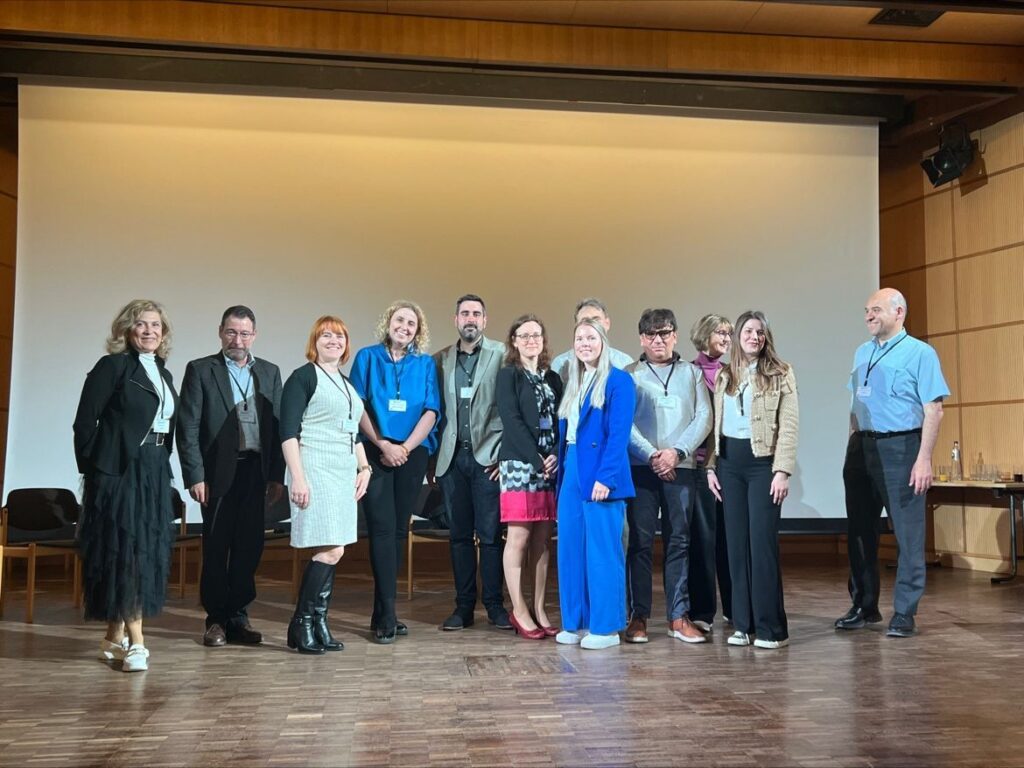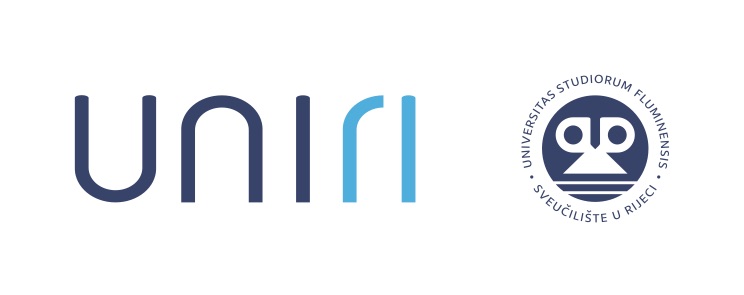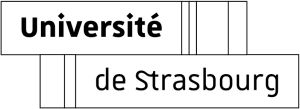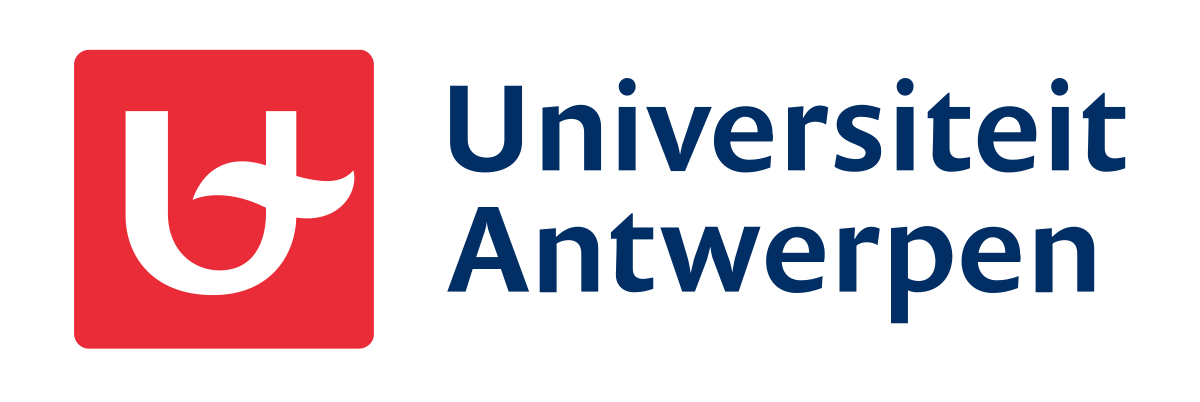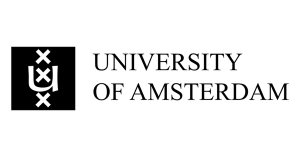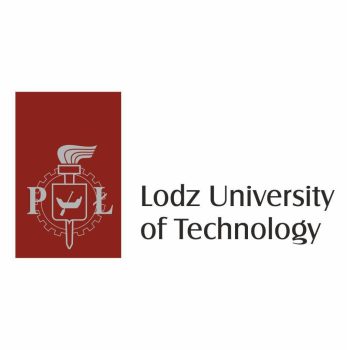
As one of the milestones for achieving the European Education Area by 2025, the European Commission launched the European degree label (EDL) as one of its flagship initiatives. The EDL initiative is aimed at supporting cooperative transnational higher education provision and removing potential barriers, strengthening collaboration in delivering joint programmes, and generally improving the quality of higher education in Europe. In this context, the European Commission launched in 2022 an initiative to pilot the concept of a European degree label, as a first step in the exploration of how joint European criteria could be used to recognise that certain international joint programmes between different universities deliver a distinct quality and European dimension for its students. Another objective of the EDL pilots is to examine and facilitate a possible joint European Degree as a qualification, not only as a label. Through the Erasmus+ programme, the European Commission funded six policy experimentation projects, among them FOCI.
Eight universities from three European Universities Alliances (YUFE, ECIU and EPICUR) have partnered in piloting an innovative approach to the European degree label through the FOCI (Future-proof Criteria for Innovative European Education) project. The vision for education that unites YUFE, ECIU and EPICUR is manifested in FOCI’s goals to work with stakeholders, pilot first results and issue policy recommendations as concrete tools for advancing the development of the European degree label. In order to generate specific evidence for the added value of a European Degree (label), the FOCI project includes amongst its key activities the piloting of the European Degree label criteria, stakeholder needs analysis and analysis of relevant regulatory obstacles which need to be addressed at national and European level in order for the European Degree to become a reality in the near future.
As one of the key deliverables of the FOCI project, ITEM carried out a research “Analytical report on the procedural, organisational and legal aspects of awarding the European degree label’’ aiming to identify possibilities and obstacles for the European degree label arising from current national and institutional regulations. The research objective of this report was two-fold. First, this report took a comprehensive approach by evaluating the legal feasibility of the mandatory EDL criteria pursuant to the national regulatory frameworks and addressed the challenges that may arise in the creation of joint programmes. Secondly, this report explored three potential outcomes in which format the European degree label could be issued pursuant to the current regulatory framework: as a separate certificate issued to a student, a (quality) label in the joint diploma supplement presenting the jointness and European value of a programme or, as envisaged long-term by the European Commission, as a fully recognized qualification as a joint European degree. Next to the findings based on the regulatory framework, reflections were also made on the FOCI stakeholder analysis, on the desirability and additional value of such outcomes.

